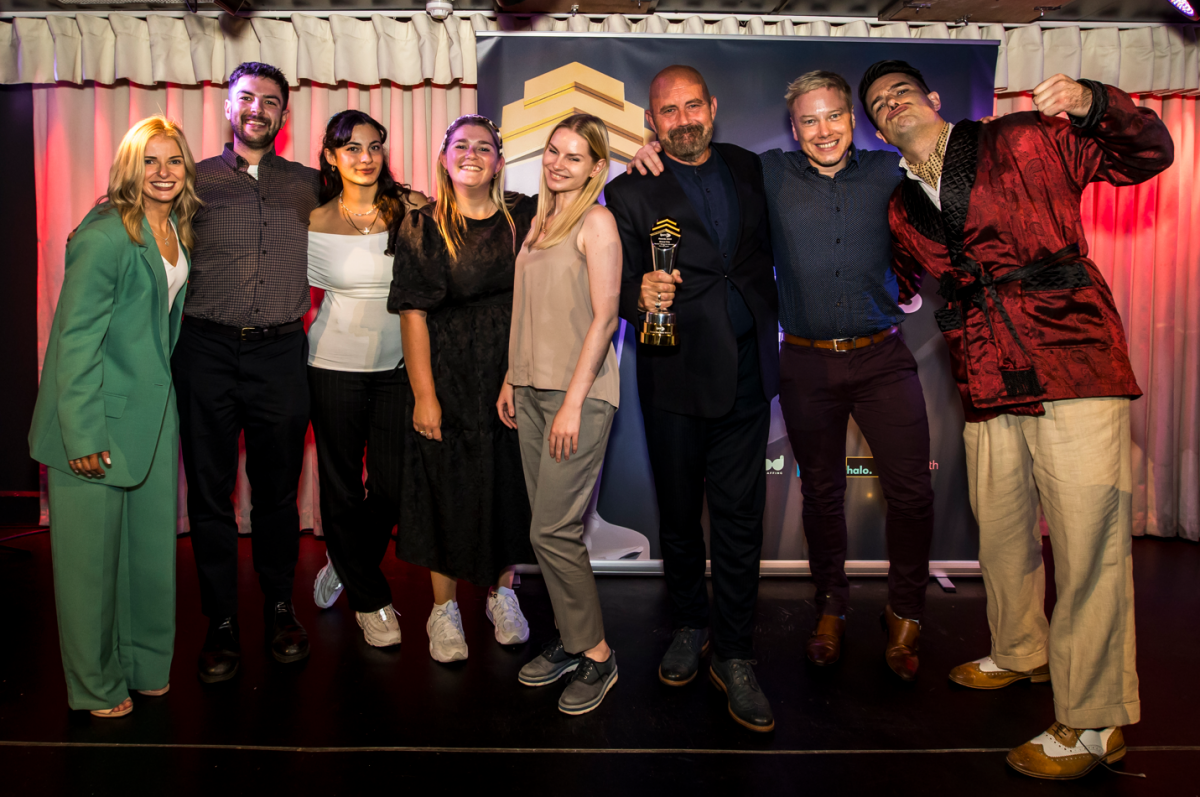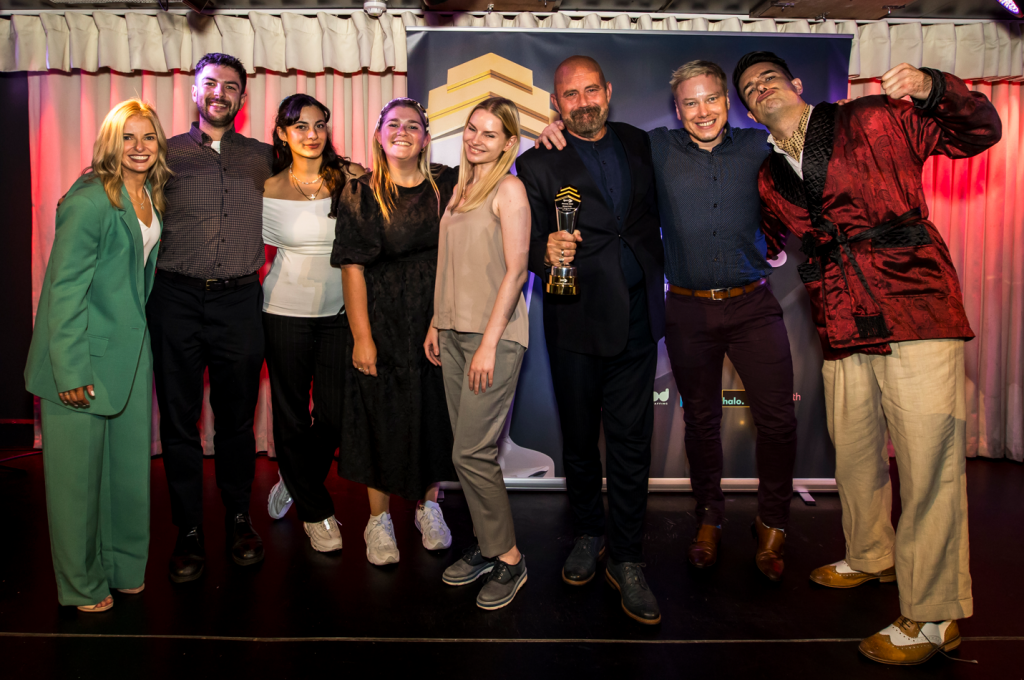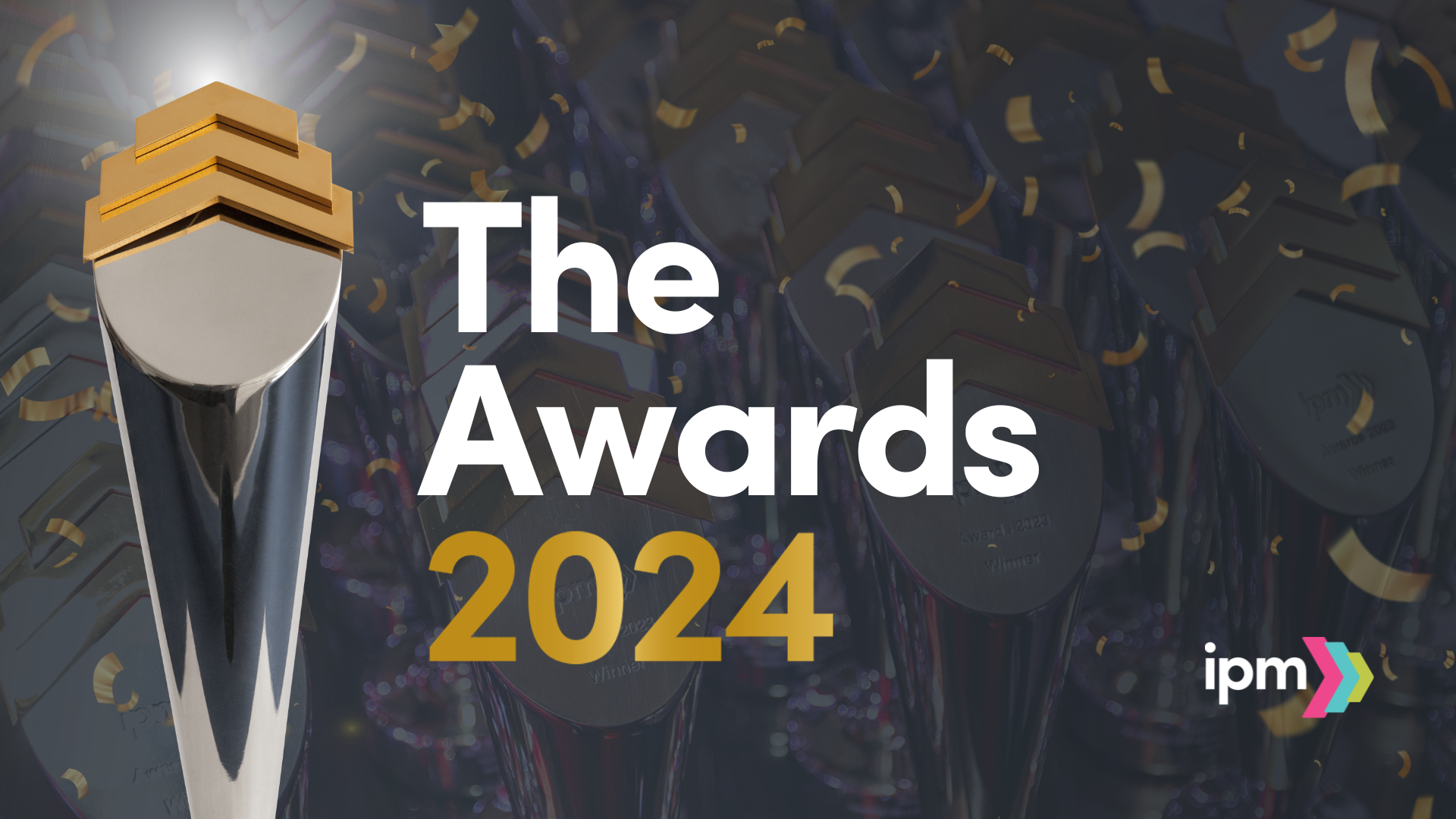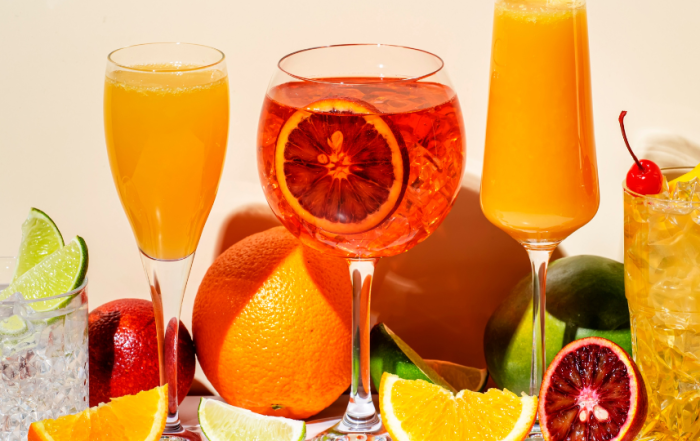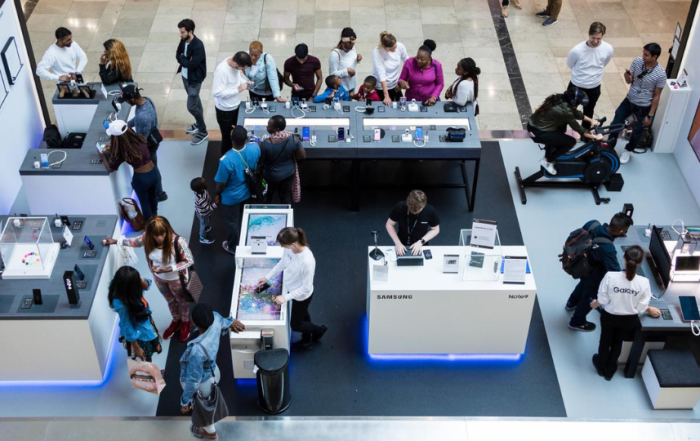
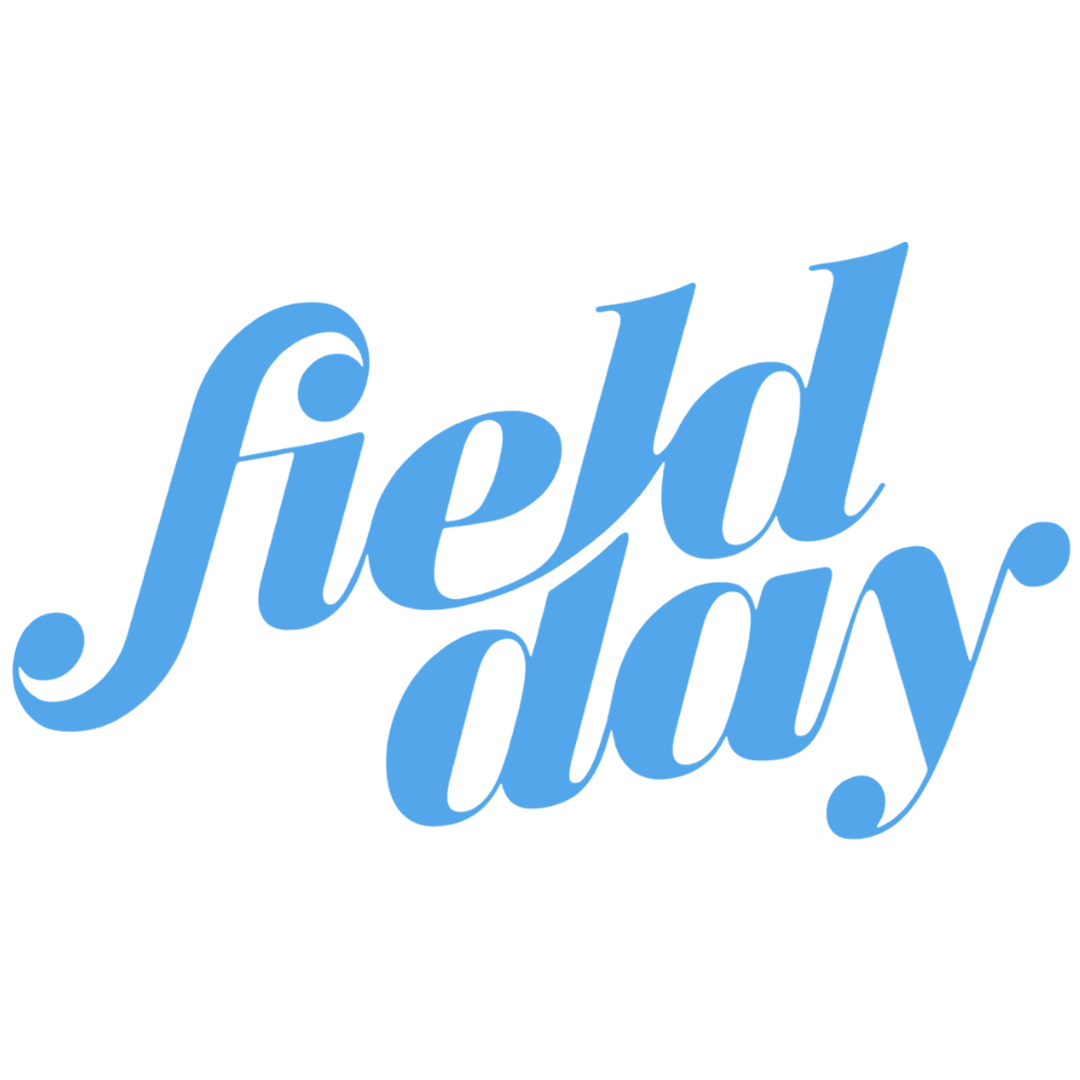
Key Takeaways
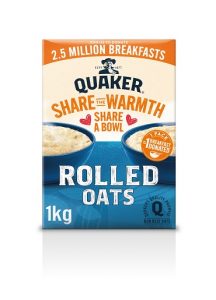




Quaker’s ‘Share the Warmth’ campaign won the Grand Prix at the IPM Awards last year. How did you manage working with a brand that has 146 years of heritage?
What key insights shaped this campaign?
The campaign was driven by two main insights: the first is a startling statistic that in April last year, 2.5 million people in the UK went a day without eating—a shocking figure that equates to nearly half the population of Ireland. The second insight stems from NHS recommendations that everyone should have at least one warm meal a day to help withstand the cold winter months.
Inspired by these insights, we launched the “Share the Warmth” campaign, committing to a donation of 2.5 million breakfasts, mirroring the number of people affected. We also introduced special promotional packs.
Typically, Quaker packaging features a single bowl on the front, but for this campaign, we modified the design to include two bowls—one representing ‘one for you’ and the other symbolising ‘one to share.’ For every pack purchased across all retailers nationwide, a breakfast would be donated to organisations like Fair Share or Magic Breakfast, to help those most in need.
“In April last year, 2.5 million people in the UK went a day without eating—a shocking figure that equates to nearly half the population of Ireland.”
Could you explain the shift from Quaker’s ‘The Fire Inside’ to ‘Share The Warmth’?
Quaker’s brand line at the moment, “The Fire Inside”, is about more than just a nutritious breakfast but empowering people mentally and physically to start their day strong. When we were briefed, it was against the backdrop of several global issues: rising inflation, a looming heating crisis, heating vs. eating, and geopolitical tensions driving up energy costs. These situations heavily influenced our campaign direction, as we saw an opportunity to make a difference while emphasising Quaker’s role in providing physical warmth and strength to those in need across the UK. “The Fire Inside” seemed too ‘fierce’ for this direction, as we wanted to focus less on the fire inside and more on sharing that same sense of physical warmth with others, which led to the idea of ‘Share The Warmth’. It was crucial for the campaign to align authentically without feeling forced and for Quaker, with its longstanding history of offering wholesome, warming meals, this theme was an ideal match.
How did these themes influence your design choices?
For starters, as I mentioned earlier, each pack of Quaker oats usually contains one bowl, but for this campaign, we included two bowls as a symbolic gesture—one for the consumer and one to share.
In regards to colour, Quaker’s wide range of flavours presents a vibrant display on the shelf. To unify all these diverse flavours clearly under one campaign message, we opted for a hero colour that wasn’t associated with any specific flavour. The light orange hue we settled on really captured the campaign’s message. “Share the warmth” as our primary message is just remarkably evocative and simple.
In the fast-paced environment of a store, you have only 3 seconds to capture someone’s attention, so it has to be seamless and fewer words are better. The complexity of this campaigns was summarised in three words which encapsulates the bigger themes of sharing and kindness, as well as being a compelling call to action. They also tie back to the brand message of igniting the fire inside so everything feels unified and close to the Quaker brand.

How did this campaign differentiate Quaker from other cereal brands in a competitive breakfast environment?
As a nation, we’re time-poor, often rushing out the door with a quick breakfast. In this tempo, cold cereals benefit from convenience—you throw in your milk, pop in a spoon, and you’re ready to go. Unlike these simpler, colder options, Quaker stands out by offering warmth and well-being, which stems from the underlying nutritional value of the product and sense of heartiness associated with the brand.
These points of differentiation are so important because they grant Quaker the right to engage with social initiatives effectively. While Kellogg’s could, in theory, give away free breakfasts to those in need, they’re not necessarily warm or nutritionally adequate.
It’s not like we’re promoting summer BBQ season—the cost of living crisis, heating versus eating—these are real problems that are affecting real people. So you can’t be frivolous but must also recognise that you’re not going to solve the cost of living crisis. You’re not going to solve the heating crisis. All you can do is your little bit to try and help contribute towards a solution.
It’s a really delicate line that ensures you don’t over promise or under deliver because shoppers and consumers are very savvy these days and they will spot ******** a mile away and call you out on it.
Did the rising costs of ingredients impact this campaign?
The main ingredient, oats, has seen price hikes due to the war in Ukraine, affecting not only Quaker but the broader market. This required a delicate balance between managing in-store costs and not alienating our consumer base, especially those who might now find our products out of reach. We addressed this challenge through our ‘Share the Warmth’ campaign, which committed to making a substantial impact despite rising costs. Behind the headline grabbing statistic of donating 2.5 million breakfasts, we partnered with ASDA to ensure children could eat during the half-term when free school meals were unavailable. We also supported heat hubs across the UK, providing not only meals but also warm spaces within communities. This grassroots approach ensured that our efforts were not just about food provision or profit but enhancing overall well-being during colder months and making a tangible difference in the lives of those affected by broader economic pressures.
What did it mean to win the IPM Grand Prix in 2023?
Developing this campaign for genuine reasons, rather than solely for boosting product sales, and then going on to win all those awards is hard to put into words. We’re a small agency, but I believe we punch above our weight. If you speak to most people in the industry, they probably wouldn’t recognise the name ‘Field Day’—so being acknowledged in the industry was particularly meaningful. I remember previously working with a client on a three-year strategy to win an IPM award and reach the Grand Prix. Then we come along and execute a really simple campaign that’s authentic, aligned with the brand, and made a significant difference to those in need. So yes, it means everything and winning felt fantastic!

Quaker’s ‘Share the Warmth’ campaign won the Grand Prix at the IPM Awards last year. How did you manage working with a brand that has 146 years of heritage?
What key insights shaped this campaign?
The campaign was driven by two main insights: the first is a startling statistic that in April last year, 2.5 million people in the UK went a day without eating—a shocking figure that equates to nearly half the population of Ireland. The second insight stems from NHS recommendations that everyone should have at least one warm meal a day to help withstand the cold winter months.
Inspired by these insights, we launched the “Share the Warmth” campaign, committing to a donation of 2.5 million breakfasts, mirroring the number of people affected. We also introduced special promotional packs.
Typically, Quaker packaging features a single bowl on the front, but for this campaign, we modified the design to include two bowls—one representing ‘one for you’ and the other symbolising ‘one to share.’ For every pack purchased across all retailers nationwide, a breakfast would be donated to organisations like Fair Share or Magic Breakfast, to help those most in need.
“In April last year, 2.5 million people in the UK went a day without eating—a shocking figure that equates to nearly half the population of Ireland.”
Could you explain the shift from Quaker’s ‘The Fire Inside’ to ‘Share The Warmth’?
Quaker’s brand line at the moment, “The Fire Inside”, is about more than just a nutritious breakfast but empowering people mentally and physically to start their day strong. When we were briefed, it was against the backdrop of several global issues: rising inflation, a looming heating crisis, heating vs. eating, and geopolitical tensions driving up energy costs. These situations heavily influenced our campaign direction, as we saw an opportunity to make a difference while emphasising Quaker’s role in providing physical warmth and strength to those in need across the UK. “The Fire Inside” seemed too ‘fierce’ for this direction, as we wanted to focus less on the fire inside and more on sharing that same sense of physical warmth with others, which led to the idea of ‘Share The Warmth’. It was crucial for the campaign to align authentically without feeling forced and for Quaker, with its longstanding history of offering wholesome, warming meals, this theme was an ideal match.
How did these themes influence your design choices?
For starters, as I mentioned earlier, each pack of Quaker oats usually contains one bowl, but for this campaign, we included two bowls as a symbolic gesture—one for the consumer and one to share.
In regards to colour, Quaker’s wide range of flavours presents a vibrant display on the shelf. To unify all these diverse flavours clearly under one campaign message, we opted for a hero colour that wasn’t associated with any specific flavour. The light orange hue we settled on really captured the campaign’s message. “Share the warmth” as our primary message is just remarkably evocative and simple.
In the fast-paced environment of a store, you have only 3 seconds to capture someone’s attention, so it has to be seamless and fewer words are better. The complexity of this campaigns was summarised in three words which encapsulates the bigger themes of sharing and kindness, as well as being a compelling call to action. They also tie back to the brand message of igniting the fire inside so everything feels unified and close to the Quaker brand.

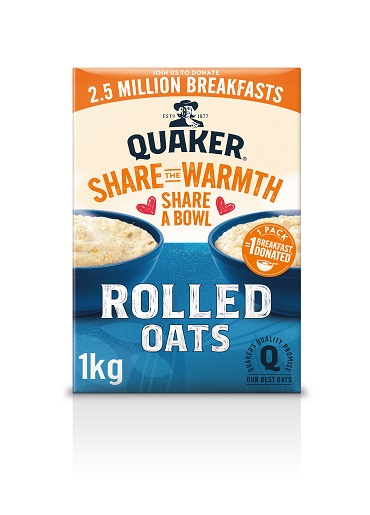
How did this campaign differentiate Quaker from other cereal brands in a competitive breakfast environment?
As a nation, we’re time-poor, often rushing out the door with a quick breakfast. In this tempo, cold cereals benefit from convenience—you throw in your milk, pop in a spoon, and you’re ready to go. Unlike these simpler, colder options, Quaker stands out by offering warmth and well-being, which stems from the underlying nutritional value of the product and sense of heartiness associated with the brand.
These points of differentiation are so important because they grant Quaker the right to engage with social initiatives effectively. While Kellogg’s could, in theory, give away free breakfasts to those in need, they’re not necessarily warm or nutritionally adequate.
It’s not like we’re promoting summer BBQ season—the cost of living crisis, heating versus eating—these are real problems that are affecting real people. So you can’t be frivolous but must also recognise that you’re not going to solve the cost of living crisis. You’re not going to solve the heating crisis. All you can do is your little bit to try and help contribute towards a solution.
It’s a really delicate line that ensures you don’t over promise or under deliver because shoppers and consumers are very savvy these days and they will spot ******** a mile away and call you out on it.
Did the rising costs of ingredients impact this campaign?
The main ingredient, oats, has seen price hikes due to the war in Ukraine, affecting not only Quaker but the broader market. This required a delicate balance between managing in-store costs and not alienating our consumer base, especially those who might now find our products out of reach. We addressed this challenge through our ‘Share the Warmth’ campaign, which committed to making a substantial impact despite rising costs. Behind the headline grabbing statistic of donating 2.5 million breakfasts, we partnered with ASDA to ensure children could eat during the half-term when free school meals were unavailable. We also supported heat hubs across the UK, providing not only meals but also warm spaces within communities. This grassroots approach ensured that our efforts were not just about food provision or profit but enhancing overall well-being during colder months and making a tangible difference in the lives of those affected by broader economic pressures.
What did it mean to win an IPM Grand Prix?
Developing this campaign for genuine reasons, rather than solely for boosting product sales, and then going on to win all those awards is hard to put into words. We’re a small agency, but I believe we punch above our weight. If you speak to most people in the industry, they probably wouldn’t recognise the name ‘Field Day’—so being acknowledged in the industry was particularly meaningful. I remember previously working with a client on a three-year strategy to win an IPM award and reach the Grand Prix. Then we come along and execute a really simple campaign that’s authentic, aligned with the brand, and made a significant difference to those in need. So yes, it means everything and winning felt fantastic!
Join us to celebrate the power of promotional marketing at the IPM Awards 2024. Recognising talent from across the UK, we showcase the most impactful campaigns, set the industry standard and raise the bar for excellence. With only one week left until the deadline, you still have time to enter. The submission period closes on Monday, 20th May at 4:00 PM.
One Week To Go
Join us to celebrate the power of promotional marketing at the IPM Awards 2024. Recognising talent from across the UK, we showcase the most impactful campaigns, set the industry standard and raise the bar for excellence. With only one week left until the deadline, you still have time to enter. The submission period closes on Monday, 20th May at 4:00 PM.
News
Navigating the New Landscape of Low & No-Alcohol Beverages
Explore how the rise of low and no-alcohol beverages is reshaping the market, with updated CAP Code regulations.
Nominations Now Open for the IPM Board of Directors
The IPM is excited to announce that nominations are now open for the new Board of Directors. This is a unique opportunity to shape the future of promotional marketing in the UK.
IPM Calls for Industry Feedback on Government Zero-Hour Contract Consultation
IPM seeks crucial industry insights as the UK government contemplates banning zero-hour contracts.




